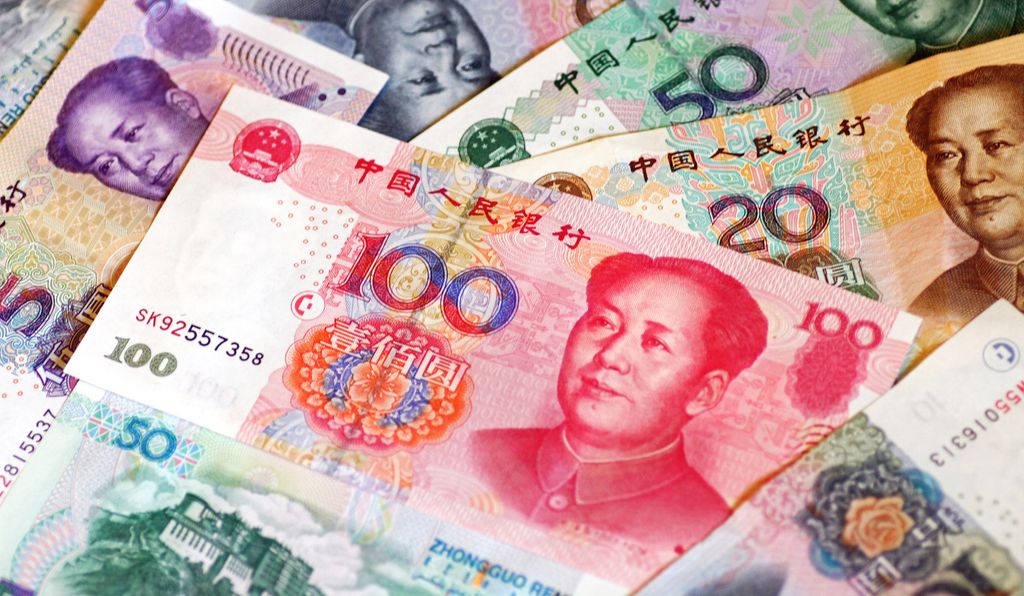GDP Featured in Multiple Publications

The Global Development Policy (GDP) Center at the Frederick S. Pardee School of Gloabl Studies was featured in three recent articles in The Economist, Financial Times, and Panda Paw Dragon Claw discussing China’s international infrastructure investments as well as its “Belt and Road Initiative,” or BRI.
In an article published on June 4, 2020, The Economist discuses the BRI – China’s signature international infrastructure investment plan – the political importance of the initiative, how projects have come to a halt as a result of COVID-19, and how China will address collecting foreign debt on these projects. Kevin Gallagher, Professor of Global Development Policy and GDP Center Director, commented on BRI construction plans and how Western criticism of the social and environmental costs of infrastructure is forcing China to make their projects “greener.”
The full Economist article can be read here.
Similarly, an article in the Financial Times published on June 5, 2020, addresses the criticism China has received regarding the environmental impacts of some of their BRI projects. The article cited GDP Center research that shows China has disproportionately invested in damaging fuel projects as opposed to renewable energy.
An excerpt:
Between 2000 and 2019, Beijing’s two leading policy banks – China Development Bank and Export-Import Bank of China – provided $183bn in energy finance to BRI countries, which went mostly to oil, coal and hydropower. This compares with the banks’ $4.8bn funding for solar and wind projects, according to data from Boston University’s Global Development Policy Center.
The full Financial Times article can be read here.
A Panda Paw Dragon Claw op-ed written by Kevin Gallagher and Xinyue Ma, China Researcher and Project Leader at the GDP Center, discusses the dwindling Chinese investment in the global energy sector as a part of the BRI. Published on May 24, 2020, the op-ed examines the factors that have played a part in China’s diminishing global energy investment, including a lack of demand capacity in host countries and less financing available on the China side. The full op-ed can be read here.
The GDP Center is a university-wide research center affiliated with the Pardee School of Global Studies. The GDP Center’s mission is to advance policy-oriented research for financial stability, human well-being, and environmental sustainability.